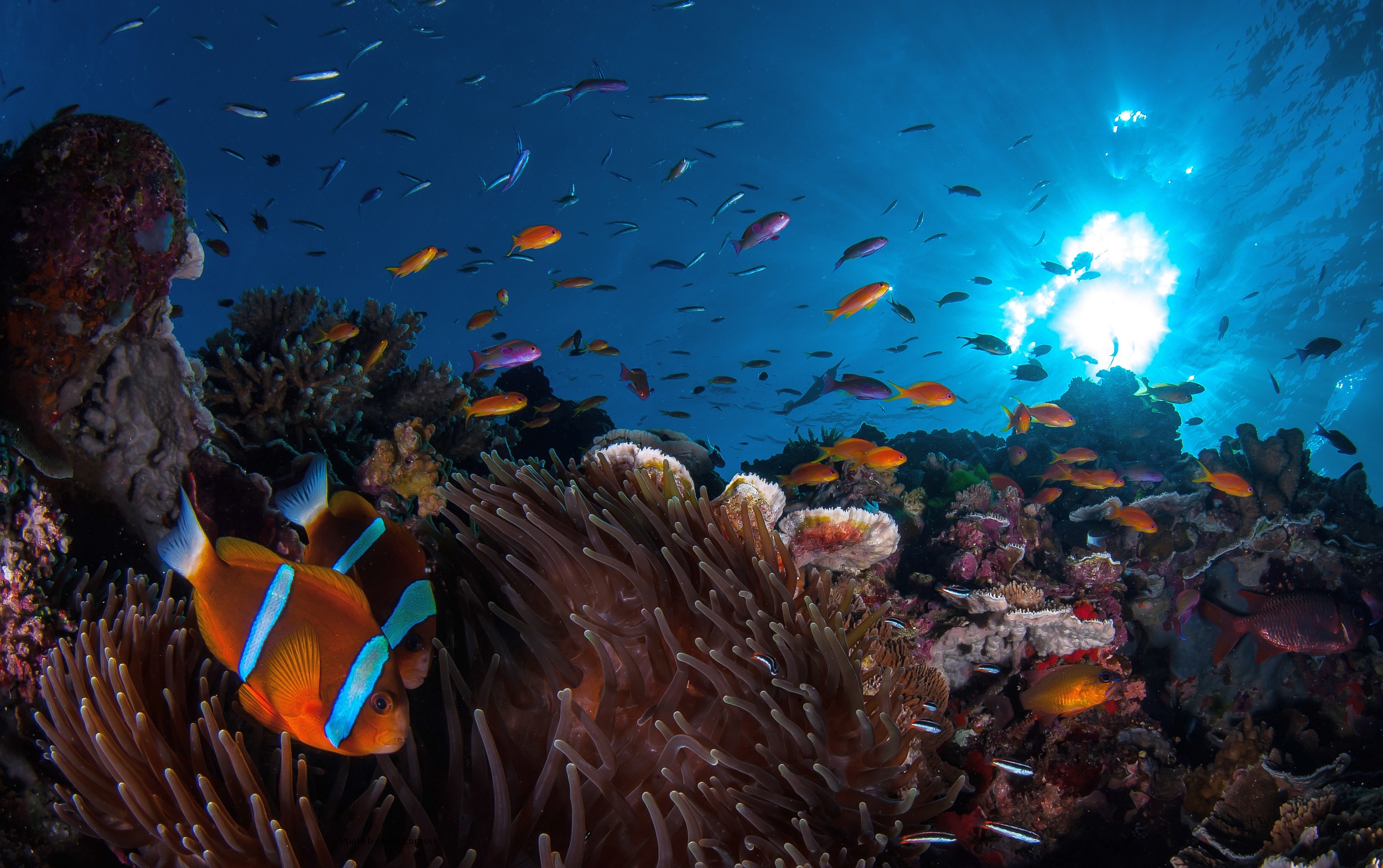Federal election last chance for the reef - JCU scientists
Scientists from James Cook University say the Great Barrier Reef will be in a terminal condition within five years without a $10 billion commitment during this federal election campaign to improve water quality.

In a scientific paper released this week, JCU’s Jon Brodie, Chief Research Officer with the Centre for Tropical Water & Aquatic Ecosystem Research (TropWATER), and Emeritus Professor Richard Pearson said it was now absolutely vital that pollutant targets were met so the reef could survive the seemingly inevitable ocean warming.
The scientists said many parts of the GBR are in bad shape and continuing to decline - with the main causes being pollutant runoff from agricultural and urban land, climate change impacts, and the effects of fishing.
“If we want to provide resilience against the current climate impacts, water management needs to be greatly improved, both in terms of money made available and a cohesive strategy, by 2025,” said Mr Brodie.
Scientists believe the next Crown of Thorns starfish (CoTS) wave of outbreaks is most likely to occur around 2025 – an event triggered by poor water quality.
Mr Brodie said if climate change continued at its current pace the combination of its effects and a CoTS outbreak or similar event could lead to disaster and permanent loss of the coral.
Mr Brodie said the current federal election campaign was probably the last chance for politicians to put forward their plans of action on water quality and climate change if the GBR is to avoid permanent damage.
“It takes time for change to happen and we need to start fast. If something is not done in this election cycle then we may not see good coral again within our children’s lifetime.”
The scientists said catchment and coastal management programs needed to be funded in the order of $1 billion per year over the next ten years.
“It may seem like a lot of money, but we know that amount would be effective and it’s small by comparison to the economic worth of the GBR – which is around $20 billion per year,” said Mr Brodie.
The pair said it was vital that management of the reef expand to the “Greater GBR”. This would mean expanding the Great Barrier Reef management area to explicitly include, as well as the World Heritage Area, an area from the Torres Strait to Hervey Bay, and the GBR catchment inland.
“We need to be managing the ecological Great Barrier Reef, not just the jurisdictional one,” said Mr Brodie.
Link to paper: http://bit.ly/24YHQz6
Link to pics: http://bit.ly/1OFpL53
Please credit all pictures to Matt Curnock. Pictures are copyrighted and are made available for one-time use only in conjunction with this media release. They are not available for archiving or re-use.
More Information
Media Enquiries:
Jon Brodie
M: 0407 127 030
P: (0)7 4781 6435
E: jon.brodie@jcu.edu.au
Emeritus Professor Richard Pearson
P: (07) 4781 4202
E: Richard.pearson@jcu.edu.au
Published:
19, May 2016